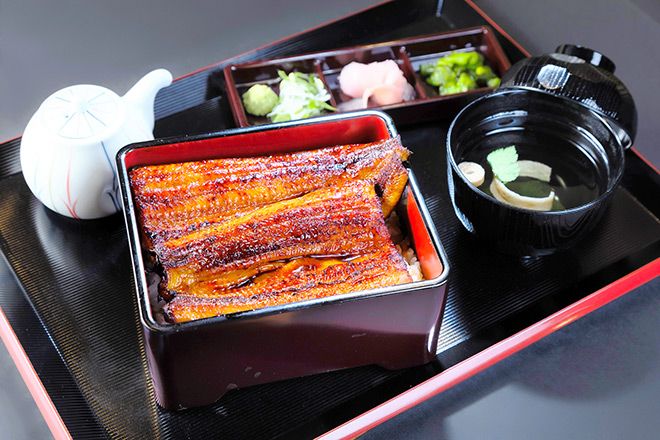Japan will oppose a proposal by the European Union and other countries to regulate trade in all eel species, including the type commonly eaten by Japanese consumers.
The issue will be discussed at the conference of the parties to the Washington Convention, which governs international trade in endangered species.
The conference opened in Uzbekistan on Nov. 24, and a vote on the proposal will be held at a committee session on Nov. 27.
Japan, described as the world’s largest consumer of eel, imports about 70 percent of its eel supply. The trade restrictions, if adopted, could stall imports and jack up prices.
The European eel was once widely distributed in Japan. But its numbers declined and it was listed in Appendix II to the Washington Convention, officially called the Convention on International Trade in Endangered Species of Wild Fauna and Flora (CITES), in 2007.
The listing requires a permit issued by the exporting country.
In June this year, the European Union and other parties went further and proposed adding all species in the genus Anguilla, including the Japanese eel currently predominant in Japan, to Appendix II.
The reasons cited include declining stocks and the risk of mislabeling in trade as the Japanese eel and other species closely resemble the European eel in appearance.
The CITES secretariat recommended adoption of the proposal in its final assessment published in mid-October.
The proposal will pass if at least two-thirds of those casting votes among the approximately 180 member countries and regions support it.
A senior official at Japan’s Fisheries Agency said, “We won’t know the outcome until the vote is taken.”
If the decision is finalized at the plenary session on Dec. 5, export permits will be required for all eel trade starting two years later. The regulation will apply not only to juvenile and adult eels but also to processed products.
The Fisheries Agency argues that Japanese eel resources are thoroughly managed and its population levels are sufficiently maintained.
Of about 61,000 tons supplied in Japan last year, around 70 percent came from abroad, with China accounting for roughly 90 percent of those imports.
Fisheries minister Norikazu Suzuki said on Nov. 21 that representatives from 57 countries attended a briefing for embassy officials held the previous day.
Masahiro Yamamoto, president of a company operating a chain of more than 300 eel restaurants nationwide under the Naruse’s Unagi brand, acknowledged environmental and resource conservation as important issues.
However, he said trade regulations may be premature.
“Frankly, there is still much we do not understand about (the ecology of) eels,” Yamamoto said.
Hiromi Shiraishi, a researcher at Chuo University, warned that eel resource management is inadequate, saying, “In addition to smuggling of European eels, illegal fishing is rampant for American and Japanese eels.”


AloJapan.com